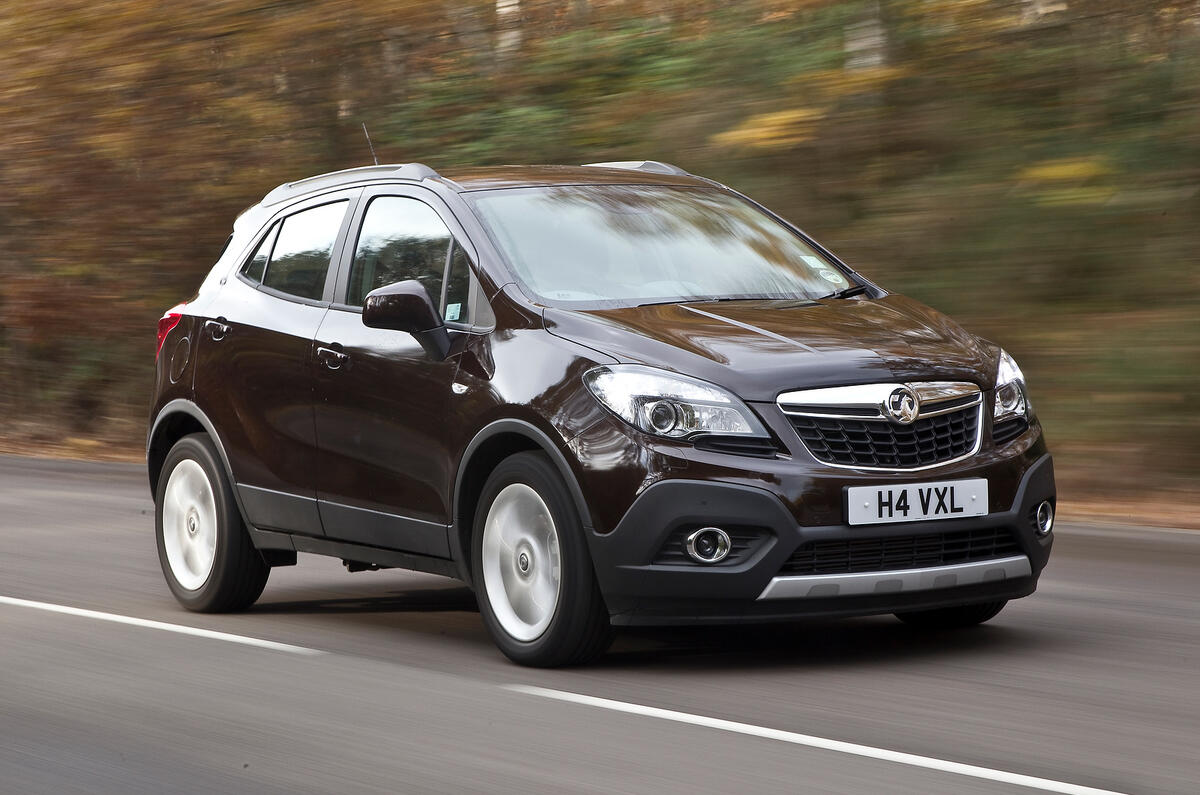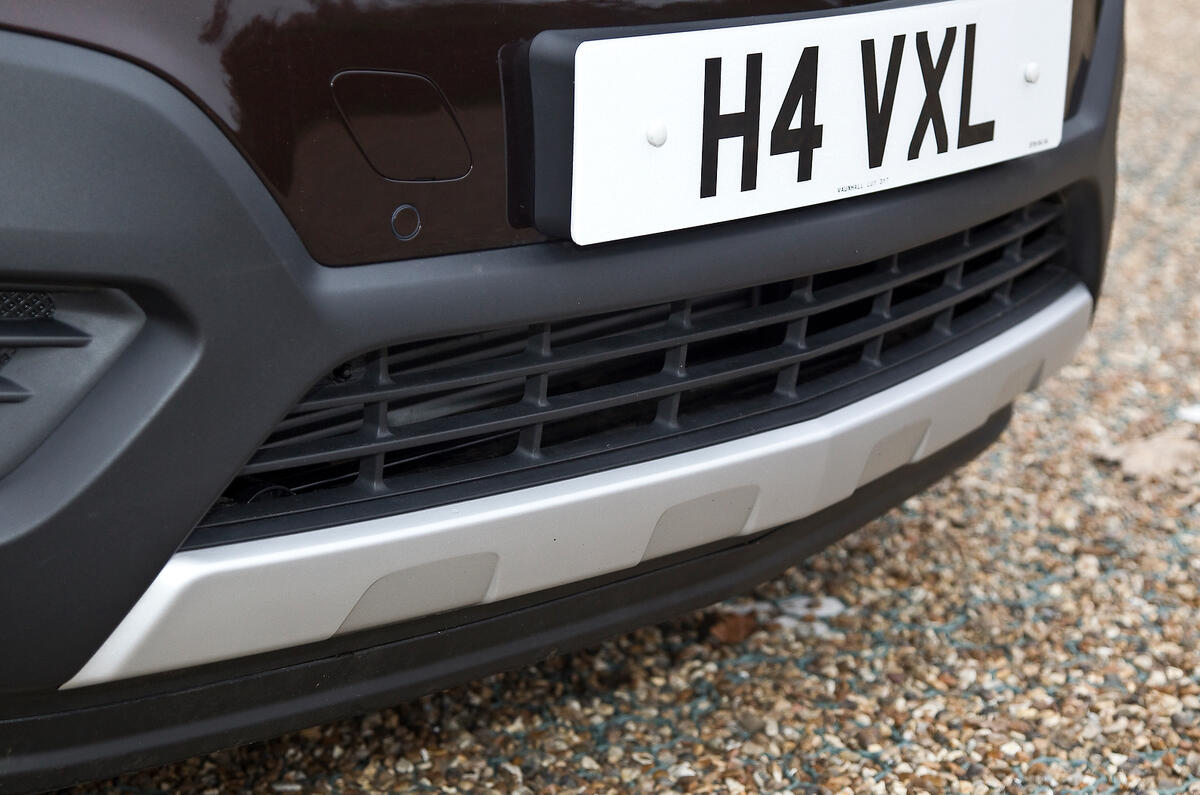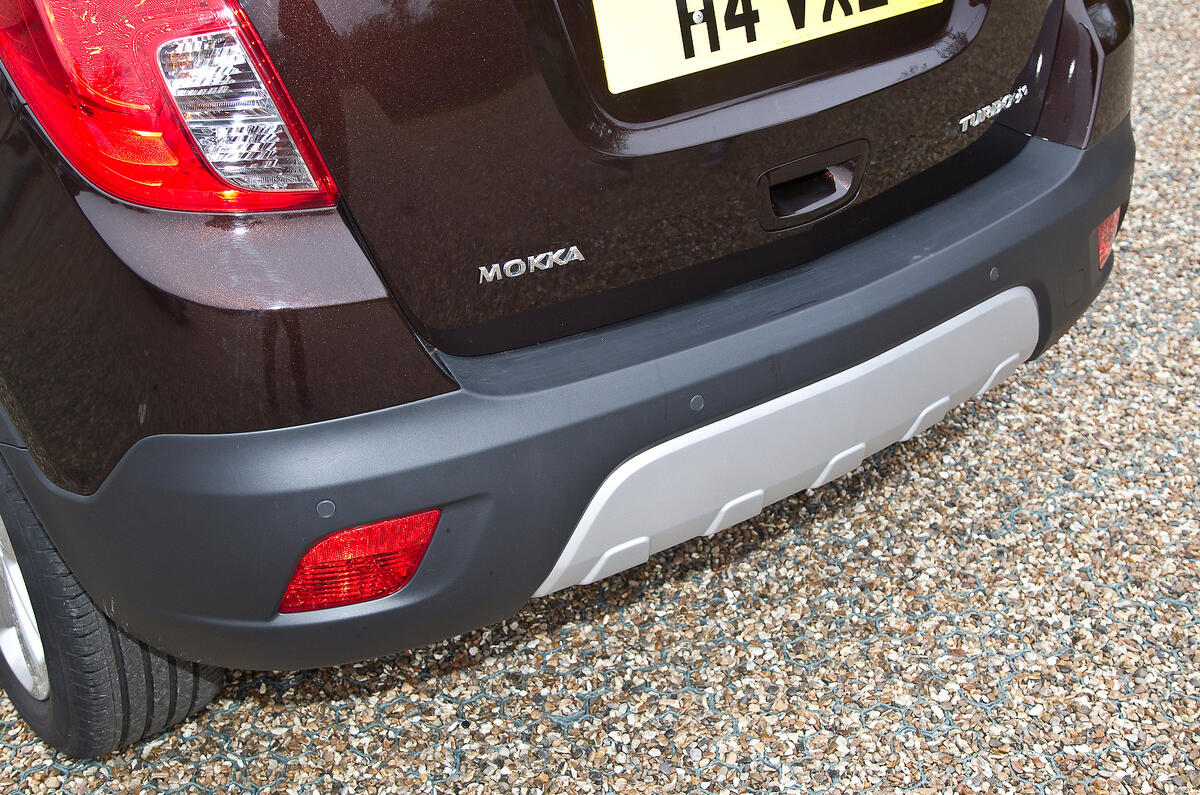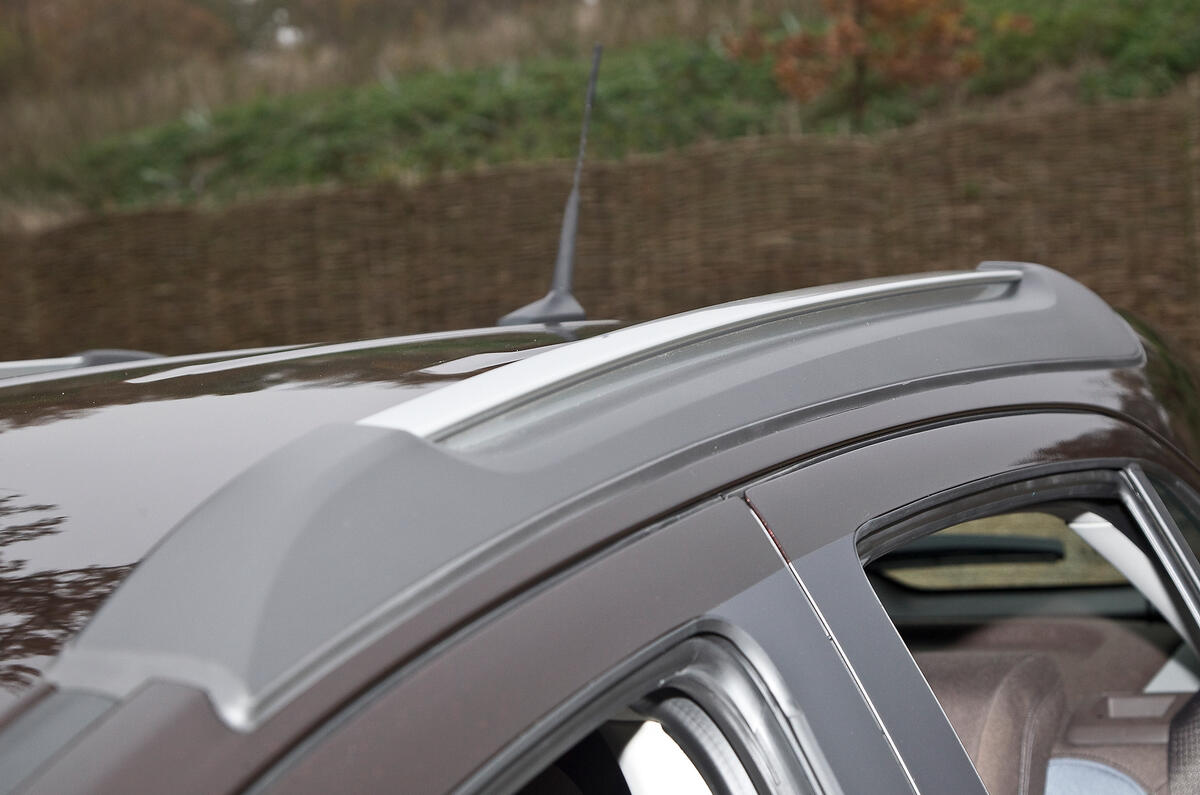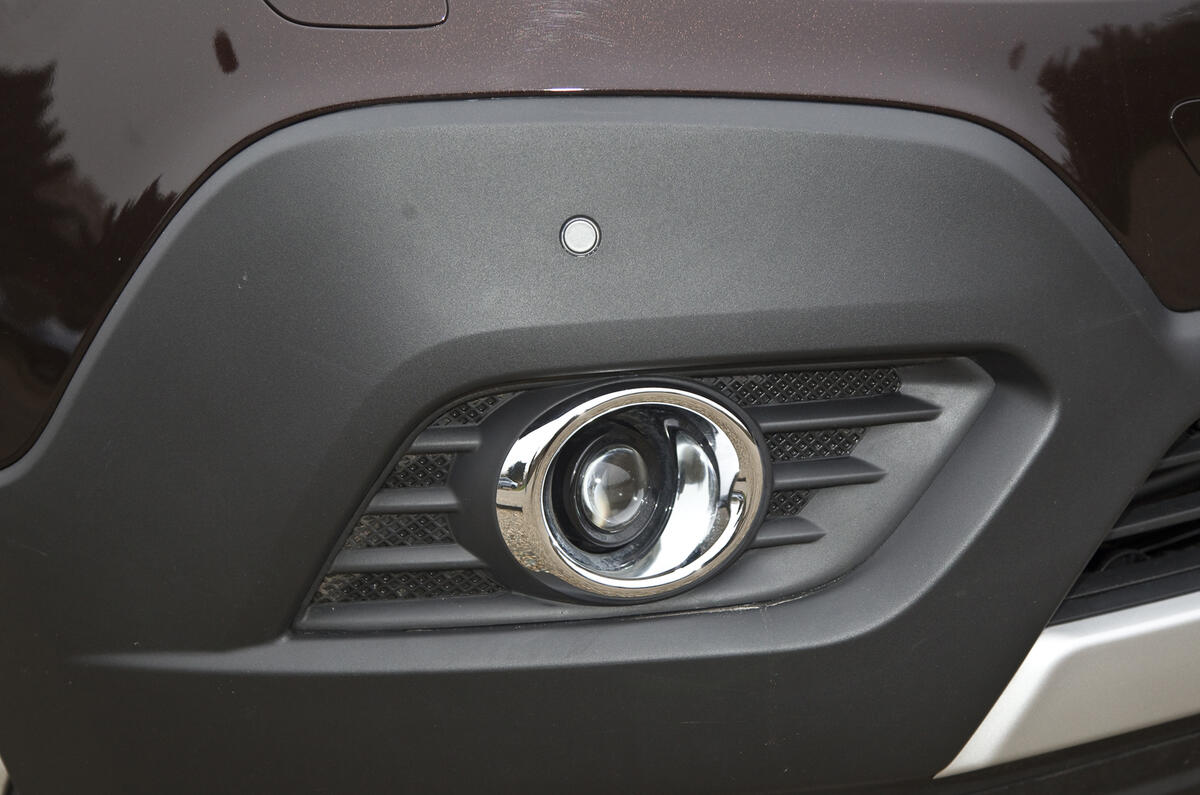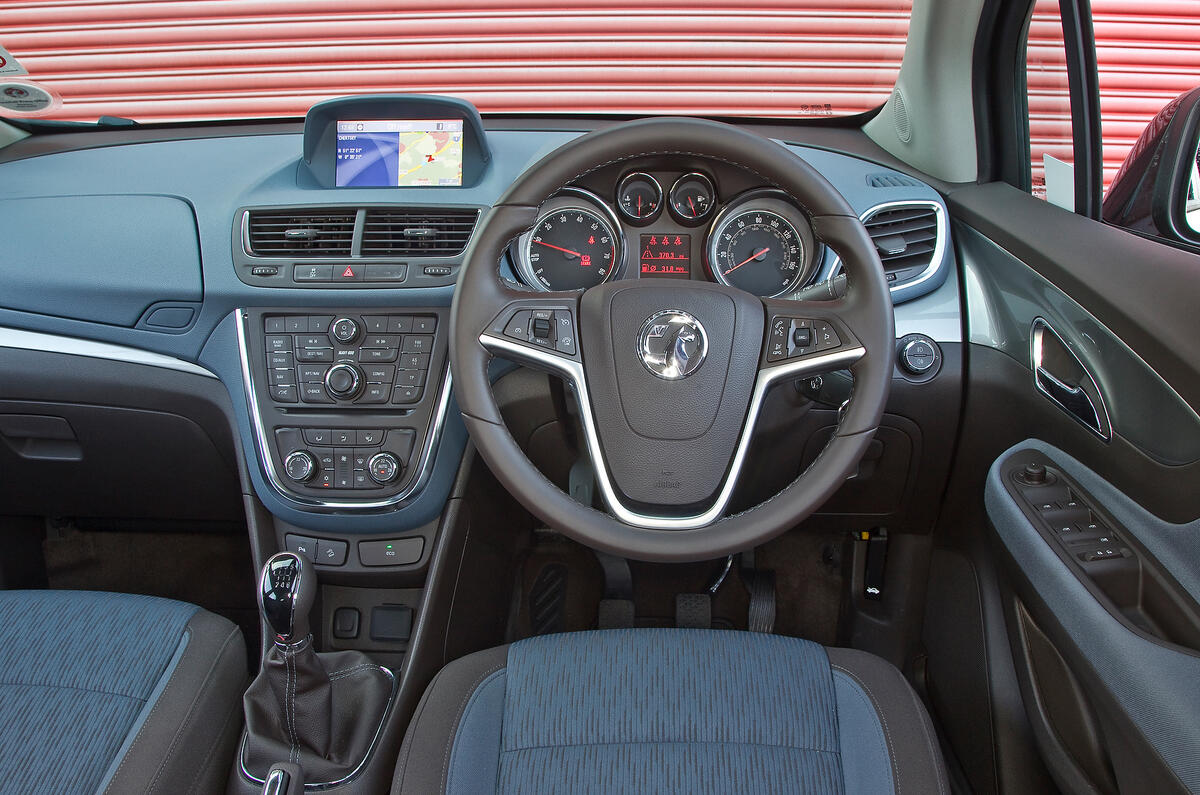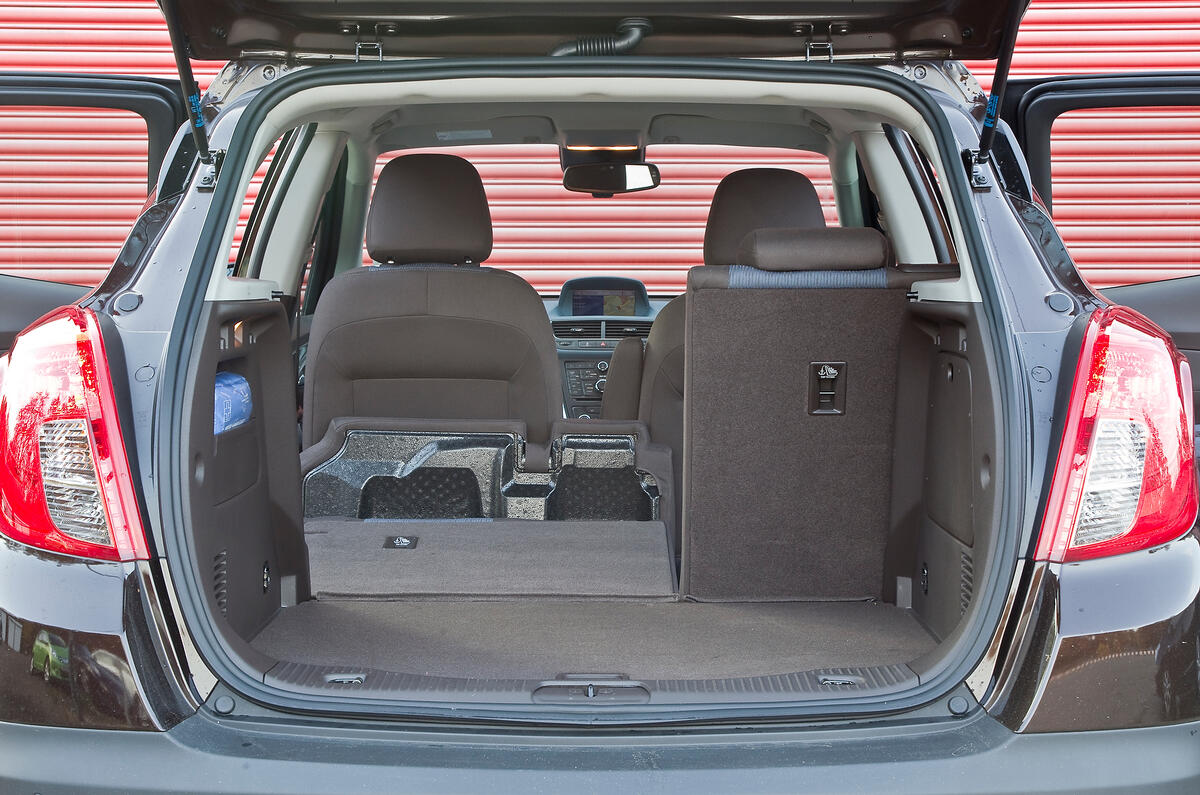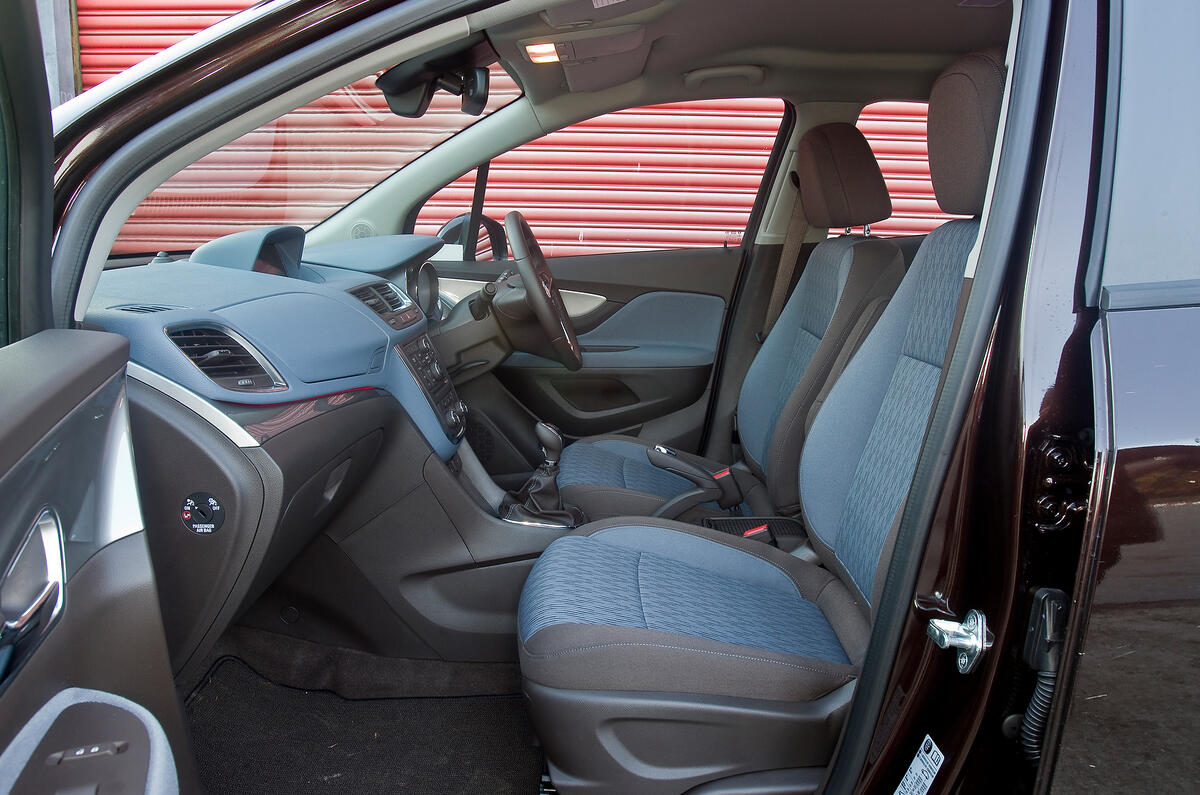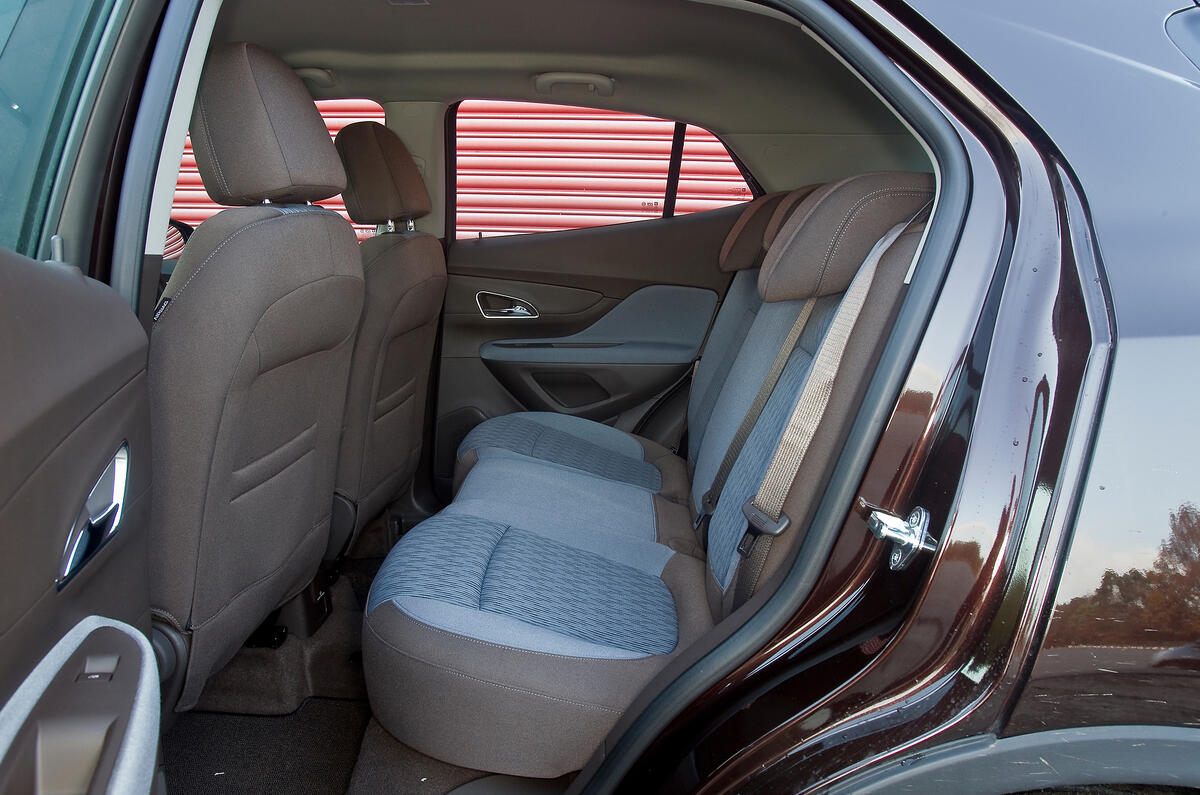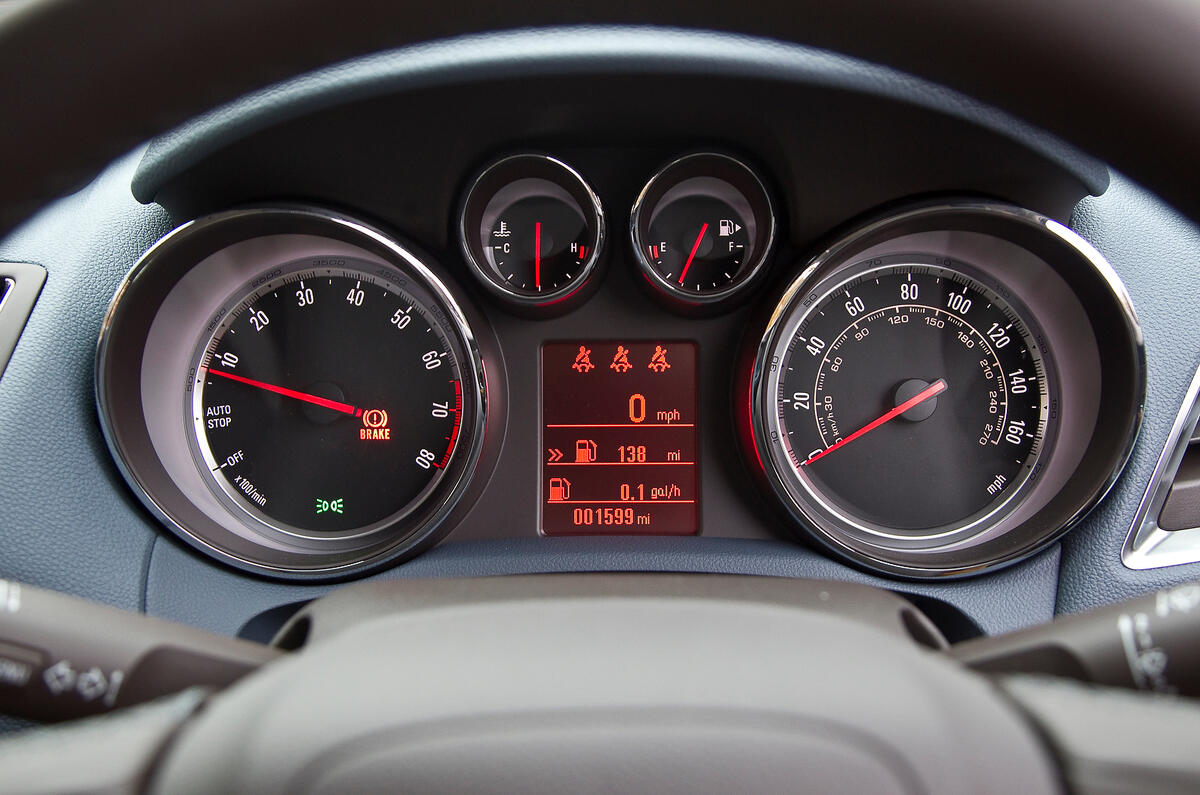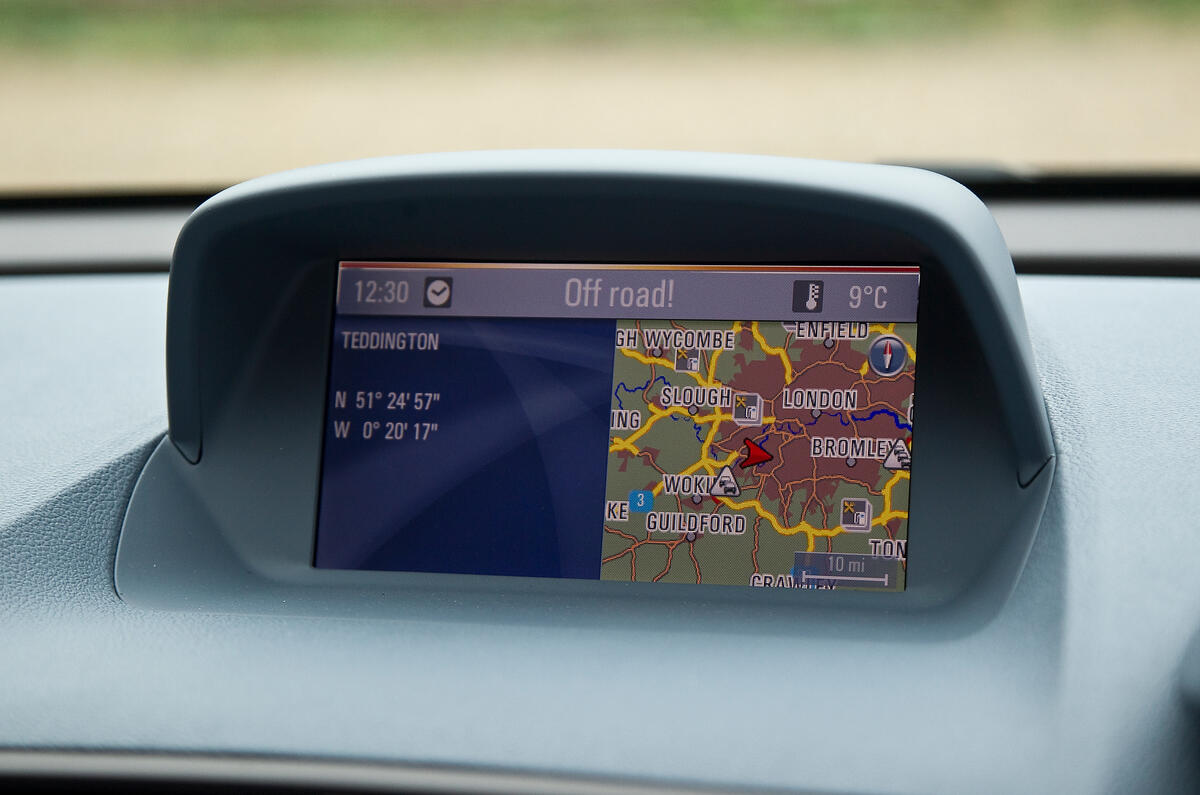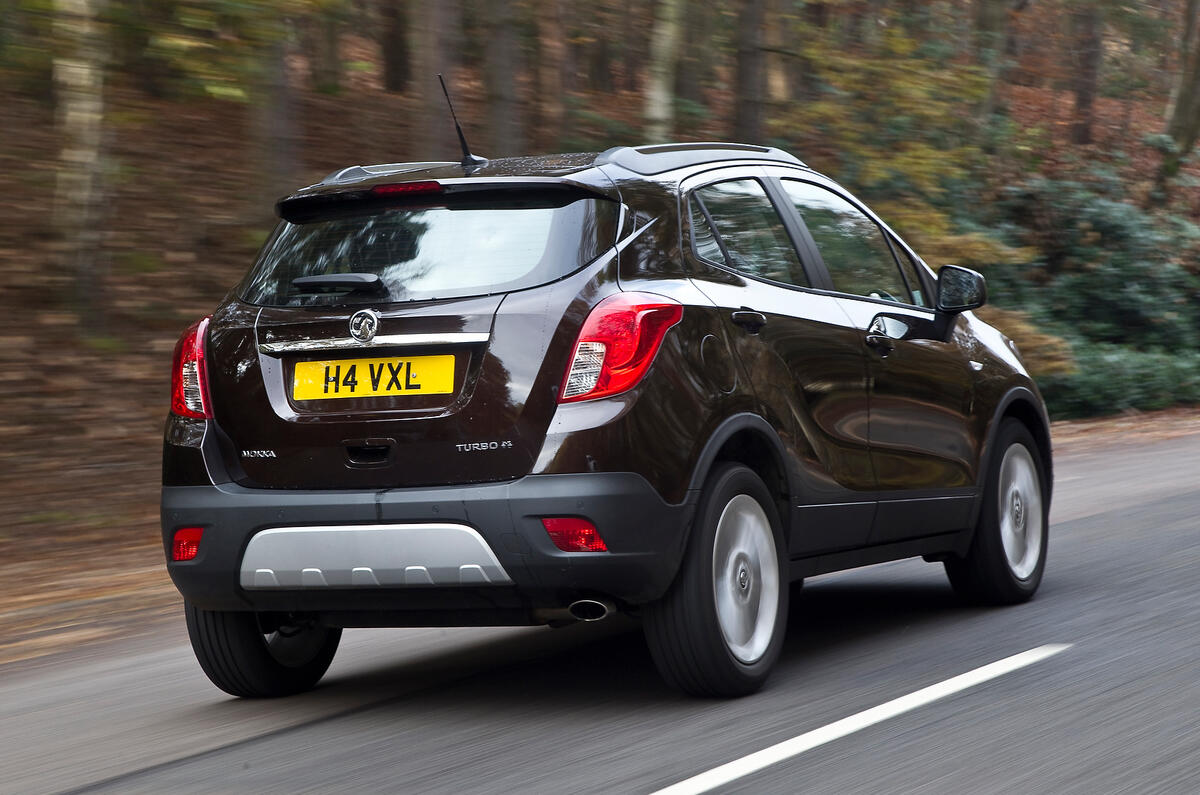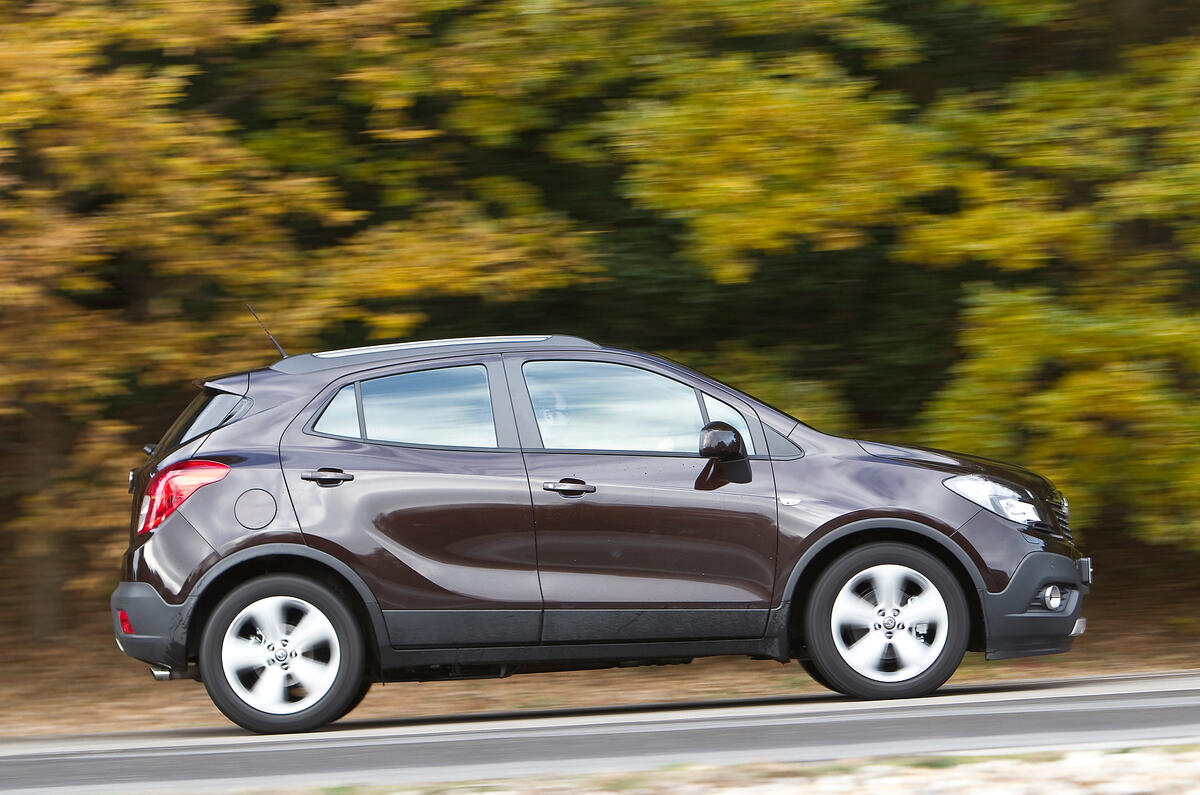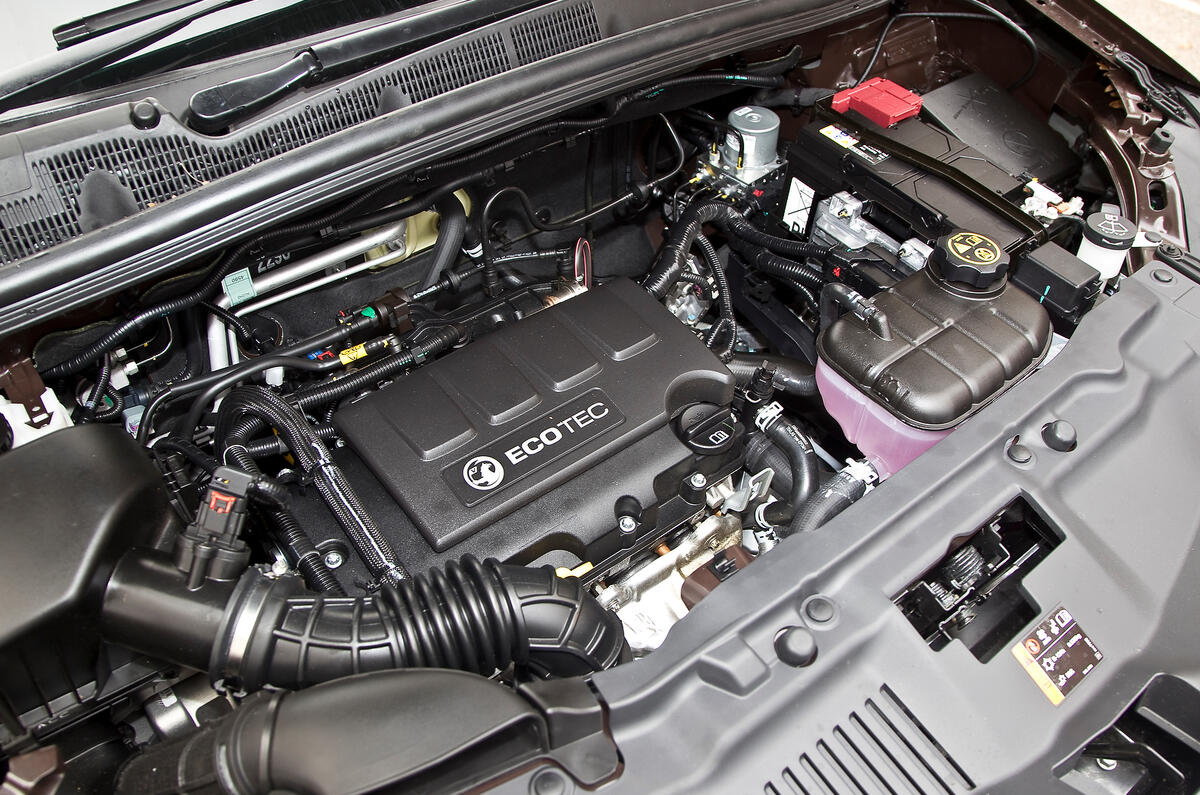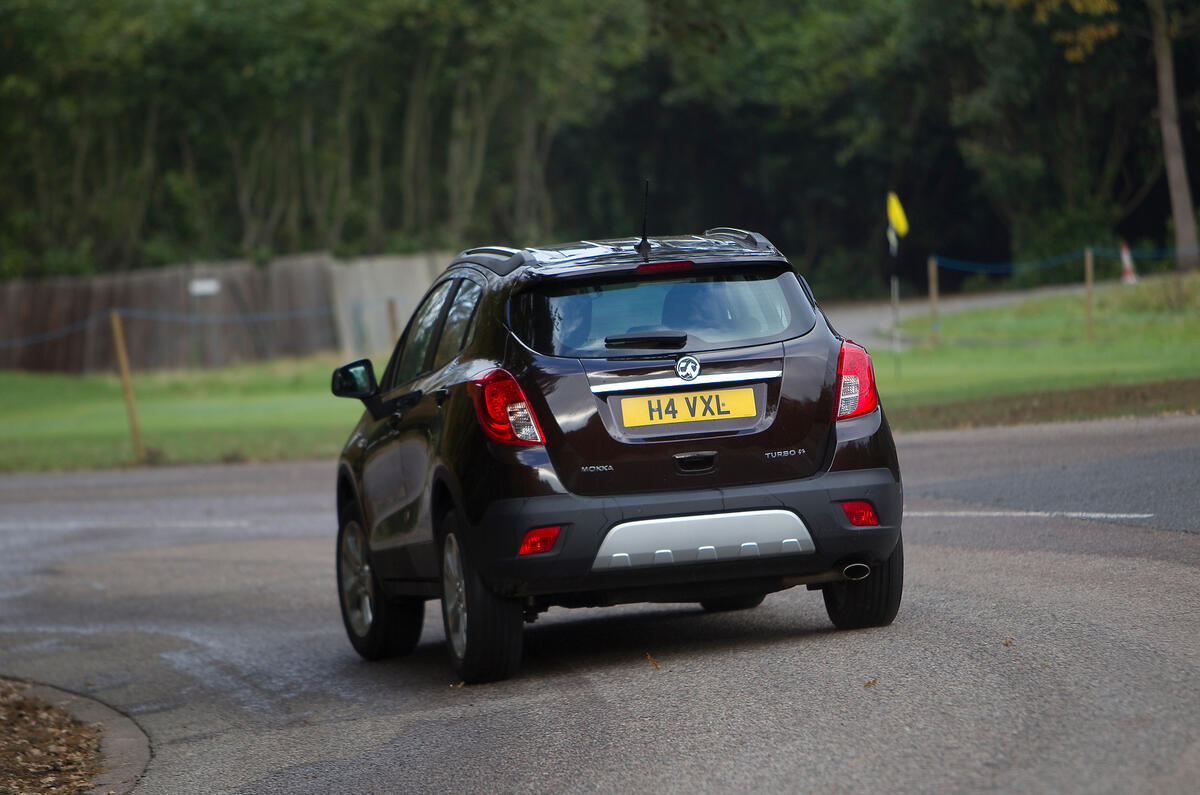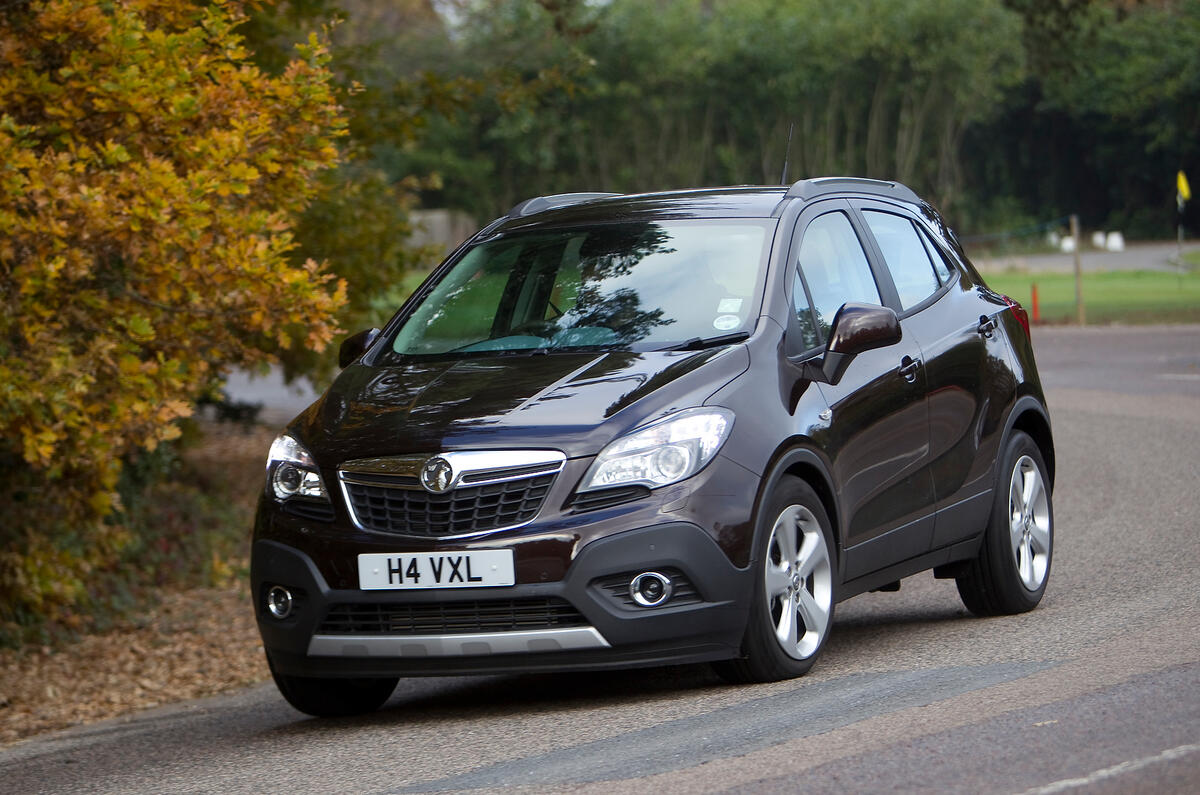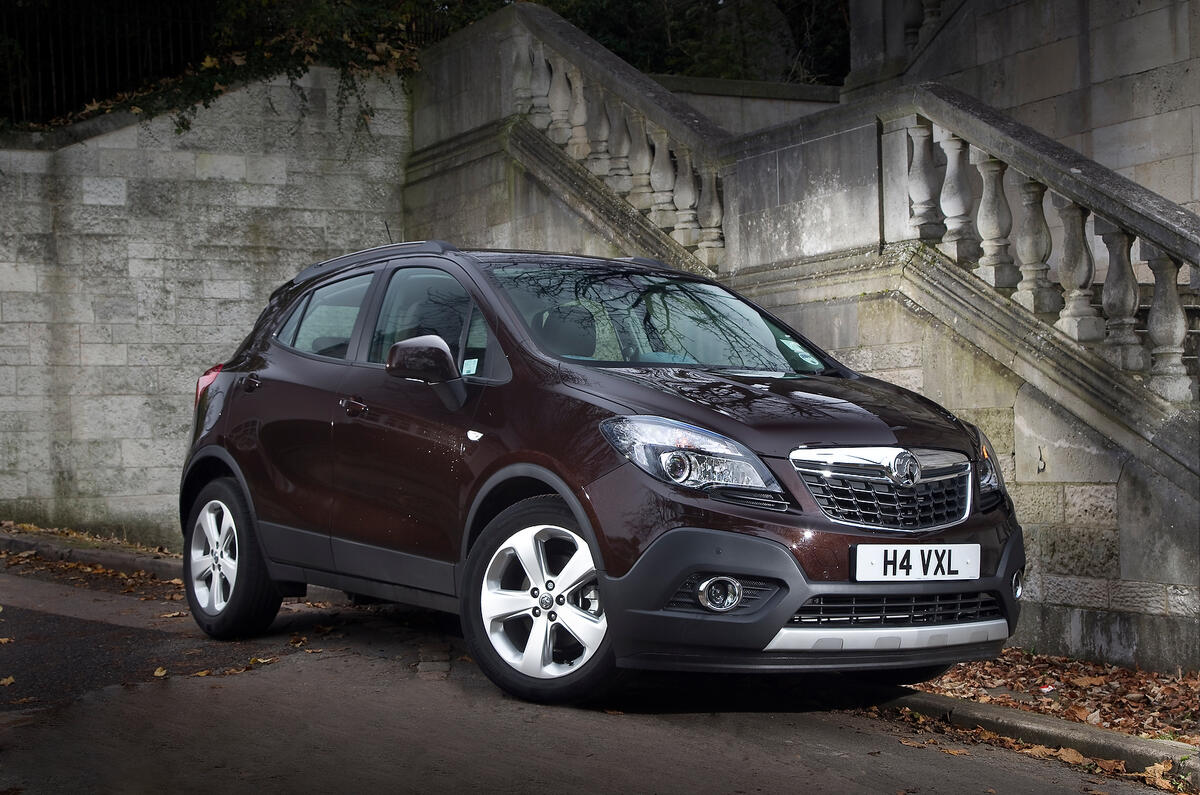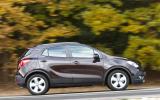The Vauxhall Mokka is offered with an unremarkable but perfectly adequate range of engines. Buyers can pick from a 1.6-litre naturally aspirated petrol, a 1.4-litre turbocharged petrol or a 1.7-litre diesel. All are capable of accelerating the Mokka from 0-60mph in less than 12 seconds, so most will rarely be frustrated with the degree of performance on offer.
Choose the 1.4-litre turbocharged petrol or 1.7-litre diesel and the Mokka is flexible and capable. It may be a supermini underneath, but the four-wheel drive 1.4-litre turbocharged Mokka in particular is in a strong position here. The petrol-powered rivals available for similar money are mainly heavier cars with less powerful normally aspirated engines, and they don’t offer four driven wheels.
And just as you’d hope for with credentials like that, the Mokka turns out to be a small car with much of the flexibility and refinement you’d expect of a much bigger one. The Vauxhall’s turbocharged petrol engine provides decent response and plenty of accessible torque, as does the diesel.
The 1.4-litre turbocharged petrol is quiet and well mannered below 3500rpm and drives the car onwards smartly, authoritatively and without fuss. Harder work is taken to with some reluctance. Wind the revcounter past 4000rpm and you’ll know about it. The motor’s straining, resonant buzz at high revs isn’t all that pleasant, and beyond a certain point it just isn’t worth tolerating.
Ultra-conservative ECU settings don’t help 1.4-litre turbo versions of the Mokka off the line. They limit throttle and engine speed when the clutch is engaged (to protect a slightly vulnerable four-wheel drive system, we must assume) and make the car feel a little like it’s overcoming a treacly quagmire every time you want to make a quick getaway.
The 1.7-litre diesel can be noisy, particularly under load, but it's only fractionally noisier than rival units. It also has the additional benefit of granting the Mokka a substantial range, ideal for those who regularly undertake longer trips.
Cut back on heavy applications of the throttle, though, and the Vauxhall Mokka begins to impress again. The pedals feel well weighted and fluent, and reasonably brisk progress comes easily. While it’s all a bit unexciting, it’s probably all that most owners will be expecting.
All engines in the line-up come with a six-speed manual gearbox, which shifts acceptably, and two-wheel drive versions of the 17-lire diesel are available with a six-speed automatic transmission if desired.
While opting for the four-wheel drive model may seem worthwhile, there's very little benefit in day-to-day use. Unless you intend to be regularly dealing with rough, muddy trails, you may as well stick to the front-drive option.


